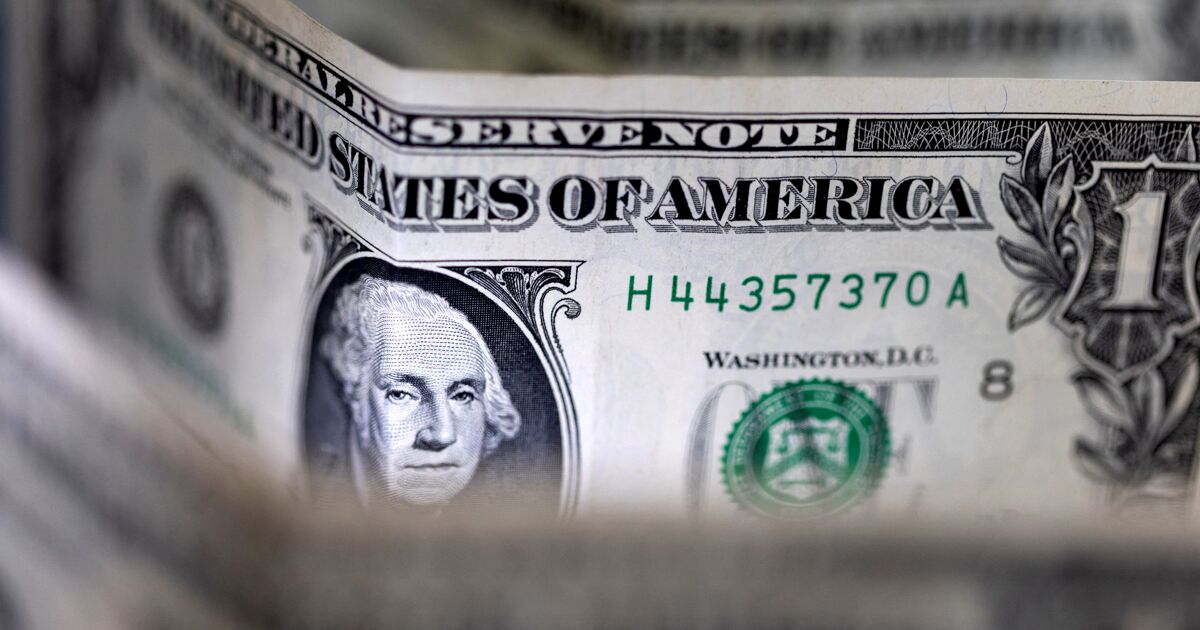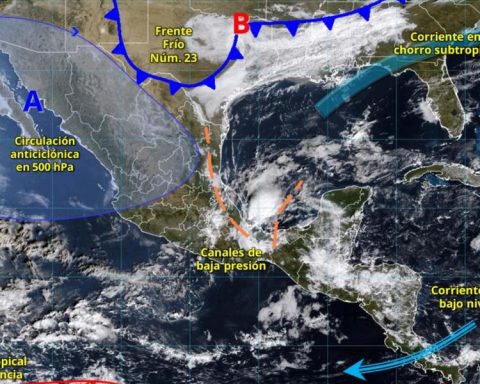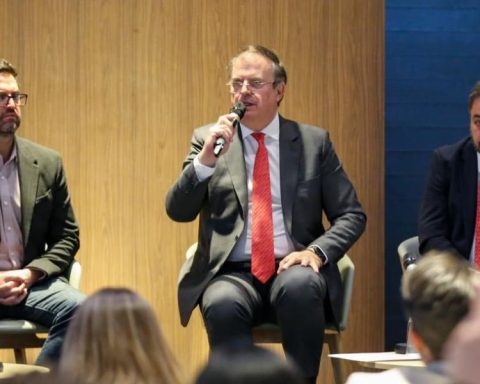His sense of urgency was reiterated by San Francisco Fed President Mary Daly, who said she would support such a move if the data warrants it, noting that “inflation, inflation, inflation” was everyone’s top concern.
“I have everything on the table right now. If we need 50 (basis points), 50 is what we’ll do,” Daly said at an event hosted by Bloomberg.
Daly has often been more cautious than her colleagues about tightening monetary policy, and her openness to a larger-than-usual rate hike in May shows the Fed’s growing sense of urgency that inflation, which is outpacing more three times the central bank’s 2% target, it requires swift and concerted action to prevent it from taking hold.
Fed Chairman Jerome Powell said this week the central bank would move “quickly” to raise interest rates this year and left the door open for a bigger hike at the May 3-4 policy meeting. .
Markets have taken that view into account, with traders pricing in two half percentage point hikes in upcoming meetings and a year-end policy rate target range of 2.25-2.5%.
Balance Reductions
Powell, speaking at a National Association for Business Economics conference on Monday, also said May could usher in reductions in the central bank’s nearly $9 trillion balance sheet, which soared during the COVID-19 pandemic in a time when it was all about boosting the economy.
Cutting the Fed’s portfolio of Treasuries and mortgage-backed securities would put further downward pressure on inflation, as long as what Daly said on Wednesday is the equivalent of at least a quarter-percentage-point rate hike. this year.
Fed officials last week projected a total of seven rate hikes for 2022, a view that Daly said incorporates an “advance burden” of monetary policy tightening. “We’re prepared to do whatever it takes to ensure price stability, and given all the other challenges we have,” Daly said.
Mester also told reporters that there is nothing to stop the Fed from raising interest rates and starting to reduce its balance sheet at the same policy meeting.
“I think given the situation we’re in and the communications that Chairman Powell has already made on the balance sheet process, I’m not worried that that’s going to be destabilizing, and I think we have to recognize that inflation is very high,” Mester said. , noting that financial markets could handle such a move.
“We have to do what we can with our two monetary policy tools to control inflation,” he added, reiterating his view that 2.5% would be the appropriate level for the fed funds rate at the end of this year, which would require “some” rate increases of 50 basis points.

















